16. Blood and Black Lace (Mario Bava, 1964)
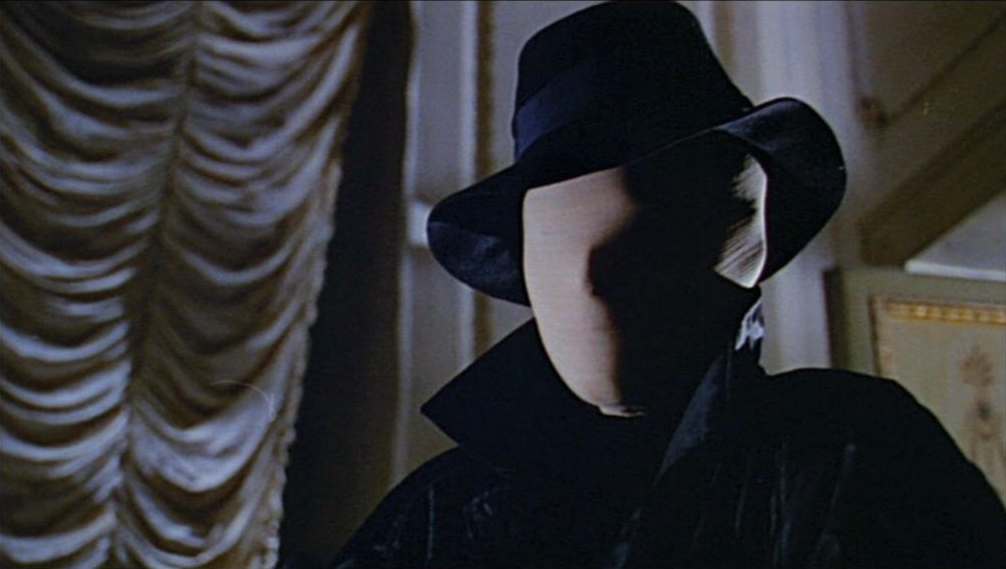
Surprise could be the better word to describe my reaction when I saw this movie. It was actually one of the movies I wanted to see for a long time, and only had the time to see it in order to write this list. One of the advantages of writing these types of lists is that some movies have to be watched, and if you want to complete a national list of the best movies of its industry you really have to watch those movies.
In English, “Blood and Black Lace” is considered the first giallo movie in Italian cinema history. Giallo movies are mostly of horror/crime/mystery, with fast-paced plot and violent murder scenes. This genre became an Italian cult and so is this movie. It’s perhaps Bava’s greatest release, including shockingly bloody murder scenes with a very well written plot.
Although it’s an Italian movie and was shot in Italy, there are some phrases and references to the German language. A bloody murderer kills a woman at a fashion house, in a very violent way. The murder starts a series of killings that leave the police and its primary investigator disoriented, leading to an ending of betrayal and suffering.
17. I Soliti Ignoti (Mario Monicelli, 1958)
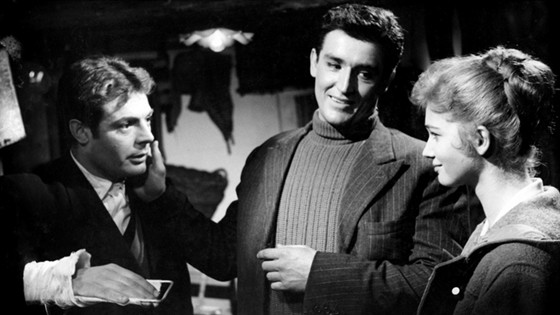
This comedy masterpiece directed by Mario Monicelli is usually referred as the starting point of the Commedia All’italiana genre, which was normally characterized by comedy-dramas with realistic perspectives on people’s lives. Although this comedy doesn’t have a very strong dramatic insight, it still has a solid description of its characters, portraying them with great care and making them the main spotlight for the humoristic moments in the movie.
“I Soliti Ignoti” is a “spoof” of the French masterpiece “Rififi”, released years earlier. “Rififi” contains a historic and legendary 30-minute heist scene, and “I Soliti Ignoti” contains a not-so-legendary heist scene. Albeit a star-studded movie, most of the actors were still unknown to the big screens, including Claudia Cardinale, Marcello Mastroianni and Vittorio Gassman, who later became legendary and iconic actors of Italian cinema.
Cosimo (Memmo Carotenuto) is a gangster who was arrested after trying to steal a car. While in prison, he elaborates a huge plan that would make him rich for the rest of his life, so he calls his lawyer and wife and asks them to call the gang and arrange someone who would confess the theft of the car. That person is Peppe (Vittorio Gassman), who after some convincing agrees to take the blame for the crime he didn’t commit.
Instead of being released, both of them stay in prison. Knowing of the plan, Peppe fools Cosimo to tell him his plan. After Peppe’s release, he reunites Cosimo’s gang in order to execute the so-called master plan.
18. La battaglia di Algeri (Gillo Pontecorvo, 1966)
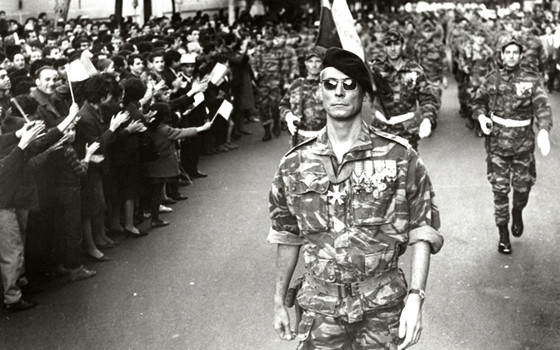
“The Battle of Algiers” is one of the list’s most emotional movies and approaches the war theme, accompanying the guerrilla movement and its regrouping in colonial territory. It’s a pity the film isn’t featured and placed in a higher position, but I think the other chosen movies completely overpower this quite controversial and polemic film that, when released, received mixed reviews.
These mixed reviews came mainly from the French side, which viewed this movie as provocation to the rise of political movements, such as the left-wing movements and the guerrillas that battle the system. The characters aren’t the heroes or villains that are typically seen in some romantic movies that hide the true reality.
Pontecorvo does the exact opposite; he cruelly portrays his characters in the most realistic manner possible without leaving anything to chance. He shows the cruelest acts of that war, obliging the viewer to resign to that same condition shown by the director.
19. Guardie e Ladri (Mario Monicelli & Steno, 1951)
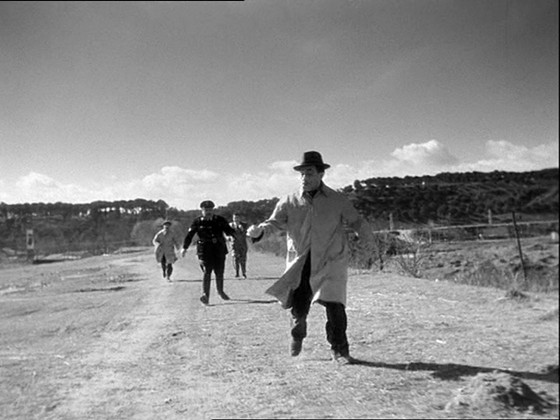
It’s a comedy from beginning to end with only the last 10 minutes reserved for drama, but still with a very strong comedic intent. Again, the movie exploits the realism of a contemporary Italy with a strong and descriptive characterization of its characters. It’s directed by the duo Monicelli and Steno, and it’s considered one of Totò’s greatest performances.
It’s more of an all-around comedy as opposed to most of the movies on this list, not only with a great plot and humoristic moments but also with a great representation of Italy and its people. Although it’s not a comedy-drama and a Commedia All’italiana per se, it does have the right elements to be one, adding a funnier side to a golden genre. Totò clearly shows why he is the legend of legends of Italian comedy.
Ferdinando Esposito, played by Totò, is a swindler, who likes to execute his tricks on foreigners who go visit the Roman Forum, with his partner Amilcare. After cheating an American out of $50, he is chased by a policeman, Lorenzo, who lets him escape. In order to not lose his job, Lorenzo has to catch him again.
20. Il Federale (Luciano Salce, 1961)
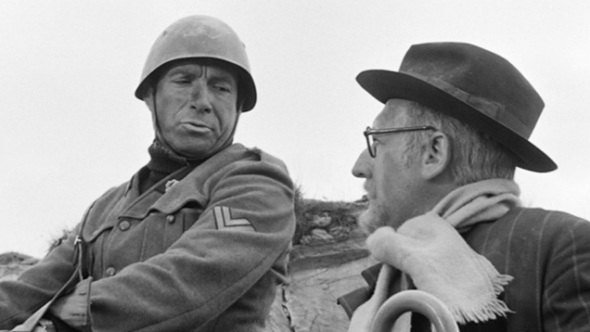
It’s another vision and point of view of World War II and Italy during the war. It’s directed by Luciano Salce and it is frequently connected to Salce’s in-view to the war. Although released in 1961, the memoirs were still fresh in Salce’s mind, who was a prisoner in Germany during World War II.
The difference between this movie and the others is the privilege given to the humoristic moments, with less emphasis on the dramatic background, differing from “La Grande Guerra”, as an example. Salce isn’t usually recognized as one of the greats by many people, but he is one of the first representatives of the Commedia All’italiana genre that started in 1958.
“Il Federale” is probably his greatest effort, combining solid and strong characters with a great plot and funny scenes, focusing his attention and perspective on the fascist obsession for his cause. For that to happen, he partners the fascist with the future leader of what will be a democratic government, Professor Erminio Bonafè, with the mission of taking him to Rome so he could be trialed for his “crimes”.
Although a heavy setting, the movie has great comedic moments, and the sadness that is usually portrayed in Italian comedies is left behind, concentrating its action on the silliness of a man who represents a falling power.
21. Sedotta e Abbandonata (Pietro Germi, 1964)
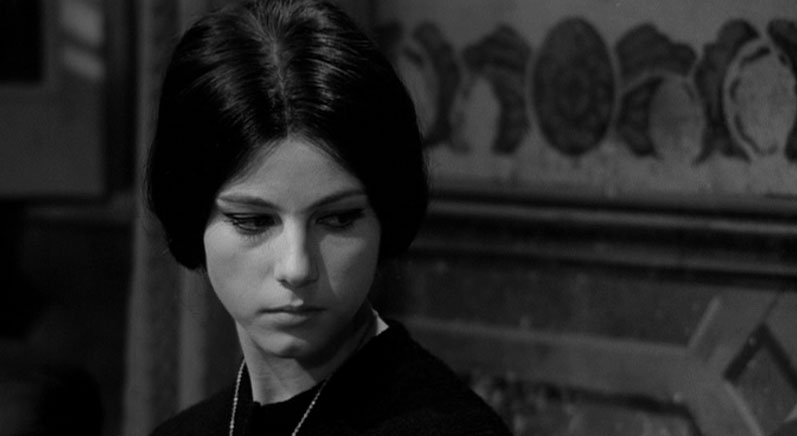
If you want a Commedia All’italiana with all the right elements of an Italian satire, “Sedotta e Abbandonata” is the right movie to watch. As mentioned earlier, Commedia All’italiana is a very diverse genre with lots of styles of comedy.
Satire, strong language, and sexual innuendo are definitely elements of the gem that is Commedia All’Italiana. Perhaps “Sedotta e Abbandonata” is unfairly positioned on this list, and better places could best fit such an iconic and influential release directed by one of the top directors in the industry.
Contrary to some of the movies listed here, this one contains a very dense plot, which thickens with the advance of the story. Also, the characters change quite a bit from the get-go; as an example, specifically notice one of the characters, Agnese. She is the sister of Matilde who is engaged to be married to Peppino (who is viewed by women as a beautiful man), and the daughter of Don Vincenzo.
One day, when everyone is sleeping in the house of his fiancée, Peppino seduces the innocent Agnese, who can’t resist his charms and always had a crush on him. They end up sleeping together and the classic and typical Italian style of comedy enters into the scene, beginning a hilarious storyline with lots of twists and turns, with particularly great performances from Stefania Sandrelli (Agnese) and Saro Urzi (Don Vincenzo).
Also, contrary to some of the movies listed here, “Sedotta e Abbandonata” has the advantage, as a comedy movie, to be entirely comedic, with necessary dramatic moments like any Italian comedy should have, but even those moments might be construed as funny. It’s definitely a must-watch masterpiece, mainly if you enjoy the subtlety and intelligence of Germi’s plots and movies.
22. Il Sorpasso (Dino Risi, 1962)
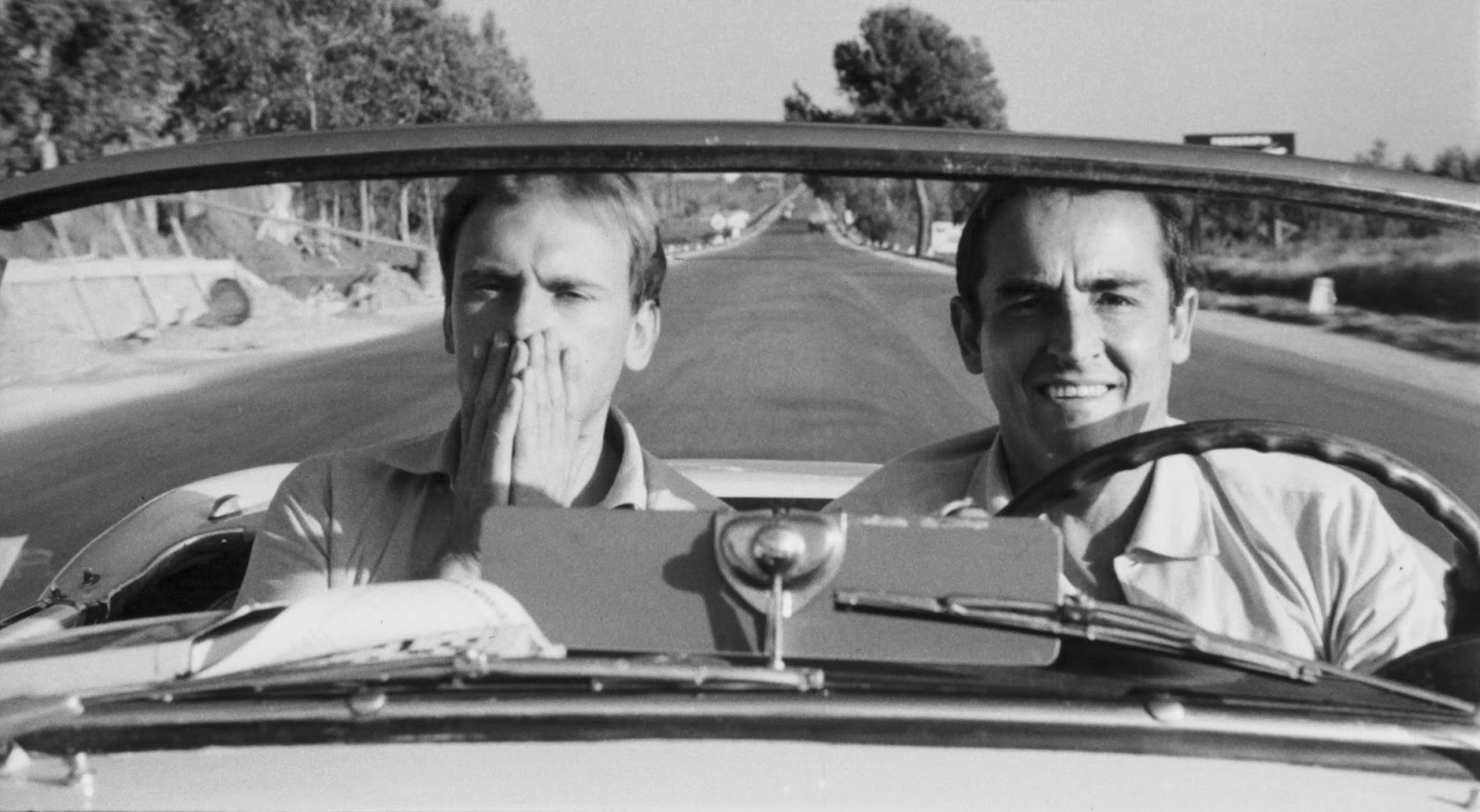
It’s one of the best examples of Commedia All’italiana as it shows the contemporary Italy of the 1960s with economic grow and the rise of the “nouveau-riche” society, mainly thanks to a rapidly growing industry.
The duo of performances by Gassman and Jean-Louis Trintignant make this one of the most magical films. The difference of personalities of both characters, ending in a tragic and somewhat undesired death by the audience, makes “Il Sorpasso” one of the most enchanting, surprising and also emotional movies on this list.
Bruno Cortona is a Don Juan, an easy-life lover and a lover of the Italian Dolce Vita, who after receiving a favor from Roberto Mariani, a shy and timid law student who passes the day studying, invites him to spend the day with him going for a ride. Although a bit skeptical, Roberto accepts this unusual request, starting an unexpected but curious and rich voyage throughout the country.
Mostly, what makes this movie worthwhile is its performances. The duo works together perfectly and the difference of personalities really shines in a movie that lets us know the Italy of the 1960s. Despite their differences and seemingly unavoidable conflicts, they wind up liking each other.
It seems that Roberto likes Bruno more than Bruno likes him, despite the favors Bruno asks of Roberto. The difference of personalities may also be an unavoidable metaphor and description of the ‘new life’ arising in Italy, at the time. You either could be ‘eaten’, like Roberto was, or you could be a ‘go-getter’ enjoying life and its pleasures.
23. General della Rovere (Roberto Rossellini, 1959)
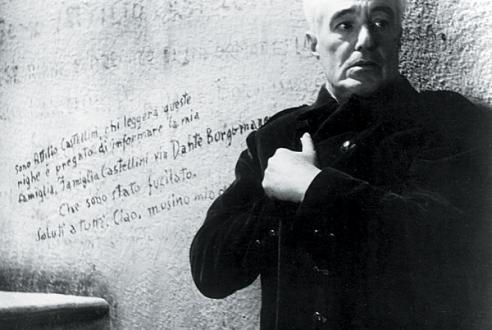
Vittorio De Sica always proved his acting abilities alongside his phenomenal abilities to direct films. He is one of the best directors of all time and I’d risk saying he could very well be one of Italy’s most symbolic names in the acting world.
Although not very versatile, he can actually play in dramatic films quite successfully and this Rossellini release isn’t an exception to that fact. He plays a con-man, or petty thief, who is hired after being blackmailed to impersonate a resistance leader and infiltrate a prison of political prisoners.
The movie goes along with the realist feature Rosselini implements in his movies. A great example of that realism is the amazing trilogy, “The War Trilogy”, placed here in the fourth position. World War II was always one of his favorite themes, mainly showcasing its aftermath on people. It’s one of the movies I watched the most on this list. I’ve seen it three or four times throughout the years, and each time I’ve seen it there’s a different interpretation.
Sometimes, it’s easier to think of De Sica’s character as a con-man, who got caught at the wrong place and at the wrong time. Other times, he might be interpreted as a patriot who, thanks to the situation, was obliged to do things contrary to his own personality.